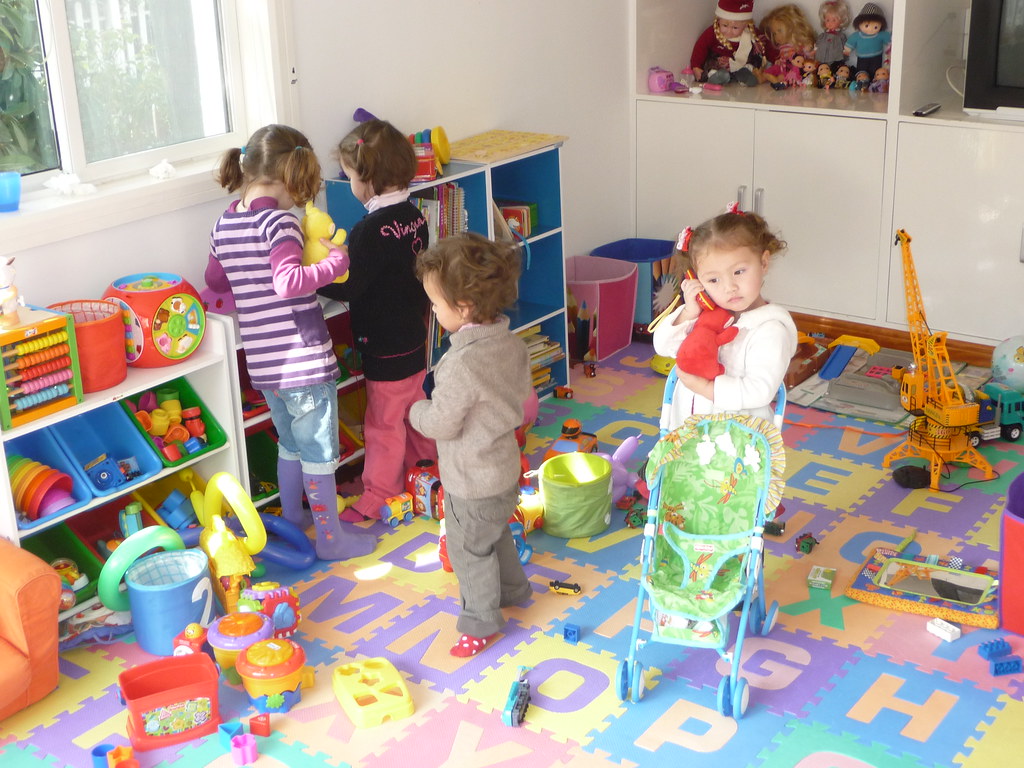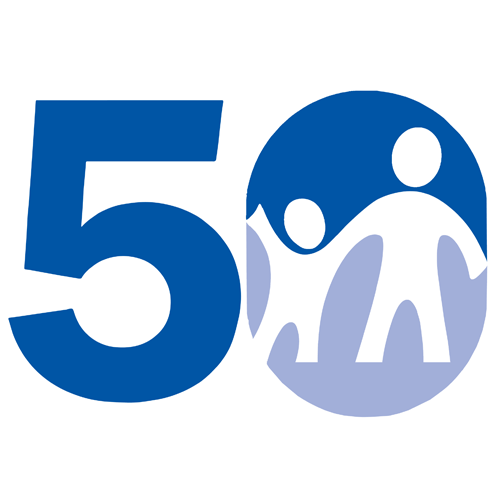As the President of Child Care Services Association, a mother and a grandmother, I have been following the advancement of HB 485, the Virtual Early Learning Pilot program, under consideration by the North Carolina State Legislature. The 3-year pilot would allow up to 10 school districts to offer online pre-k to at-risk, 4 year-old children, at a cost of $500,000 per year for the next three years.
I know that every year, state legislators are forced to make difficult decisions in allocating state funding. I can imagine that there is great pressure with these decisions and that legislators look for ways to save money, while still achieving intended outcomes. With regard to state pre-k funding and the goal to have all children throughout North Carolina enter school with the skills to succeed, it is important for legislators to understand how young children learn and what school readiness really means.

Decades of research show that the greatest gains made by children in pre-k occur where teacher interactions with children promote critical thinking skills as well as concept knowledge through warm and responsive relationships.[1] This isn’t by chance. It’s by design. It’s in-person. It’s individualized to meet each child where he or she is at to build on strengths and build up areas that are not as strong.
Numerous evaluations have shown the importance of “instructional, social, and emotional serve-and-return interactions that occur daily between teachers and children, as well as among classmates”[2] that result in developmental gains across early childhood domains (e.g., social and emotional, language and literacy, critical thinking and physical development). These interactions “motivate and deepen learning, enable children to organize and focus their attention and other capacities needed to learn, and promote peer cooperation and support,”[3] which comprise the foundation for school readiness. It’s about soft-skill development as well as concept development related to letters and numbers.

In my career, I’ve had the opportunity to visit pre-k classrooms and talk to pre-k teachers. Too many of our at-risk 4 year-olds haven’t been read to; they don’t know that books contain words and pictures that tell a story, that letters have sounds and that stories have a sequence – a beginning, a middle and an end. Some have never held a pencil or colored with crayons or written their name. Some haven’t held a pair of scissors or developed the dexterity to use a pencil or have ever put together a puzzle. You would think by age 4, children would know colors and basic shapes, but some do not.
The same children might know how to watch a video on a parent’s phone, but they can’t wait their turn or share, they can’t transition between activities and they don’t know how to use their words to express their thoughts or feelings in a group setting – to lead, follow or just get along with peers. They may or may not have consistent rules at home so they don’t know how to manage themselves appropriately and follow rules in a classroom. These are soft-skills that are learned in a hands-on experience that can’t be learned through a computer lesson.

Pre-k programs also screen children for vision, hearing, speech and physical development and help identify children who could benefit from early intervention services in areas where there may be a delay. None of this can occur through an online preschool experience – at least not in an effective manner.
The NC Pre-K program works. Studies have found that NC Pre-K raises children’s literacy, math and social-emotional skills not just for kindergarten entry[4] but also throughout elementary school and the most recent research shows gains through middle school.[5]
When kindergarten teachers are asked what school readiness means and what skills are most important for school readiness, their top responses include: children who can regulate their impulses, pay attention, listen to and follow directions, be willing to try different tasks (e.g., have self-confidence), engage in self-care, get along with peers and have motor skills such as the ability to hold a pencil.[6]
Despite the strong evaluations of NC Pre-K, current funding supports fewer than half of eligible children. To me, the answer should be to adequately fund NC Pre-K so that 4 year-old children can attend, not divert resources to an online preschool that misses the mark on what matters most for early childhood development – effective interactions with children. Not screen time.
There is still time to course correct on state budget issues. We don’t need a 3-year pilot that diverts $1.5 million from additional pre-k seats for children. Let’s put every dollar possible into expanding what works. And, for 4-year old children, that’s a setting that promotes interactions with teachers and peers.
[1] Investing in Our Future: The Evidence Base on Preschool Education, Society for Research in Child Development and Foundation for Child Development, 2013. https://www.fcd-us.org/assets/2013/10/Evidence20Base20on20Preschool20Education20FINAL.pdf
[2] The Current State of Scientific Knowledge on Pre-Kindergarten Effects, Deborah A. Phillips of Georgetown University, Mark W. Lipsey of Vanderbilt University, Kenneth A. Dodge of Duke University, Ron Haskins of the Brookings Institution, Daphna Bassok of the University of Virginia, Margaret R. Burchinal of the University of North Carolina at Chapel Hill, Greg J. Duncan of the University of California-Irvine, Mark Dynarski of the Brookings Institution, Katherine A. Magnuson of the University of Wisconsin-Madison, and Christina Weiland of the University of Michigan. (2017). https://www.brookings.edu/wp-content/uploads/2017/04/duke_prekstudy_final_4-4-17_hires.pdf
[3] Ibid.
[4] North Carolina Pre-Kindergarten Program Evaluation Key Findings (2002–2016), Frank Porter Graham Institute, University of North Carolina, 2017. https://fpg.unc.edu/sites/fpg.unc.edu/files/resources/reports-and-policy-briefs/Summary%20of%20NC%20Pre-K%20Evaluation%20Findings%205-2017.pdf
[5] Evaluation of North Carolina’s Smart Start and NC Pre-K Programs: Follow-Up Through Eighth Grade, Duke University, December 2018. https://duke.app.box.com/s/pw3zv27a2jkmfas2j183yg4ekamxzl8y
[6] What Kindergarten Readiness Means to Kindergarten Teachers, New America. 2009. https://www.newamerica.org/education-policy/early-elementary-education-policy/early-ed-watch/what-kindergarten-readiness-means-to-kindergarten-teachers/




